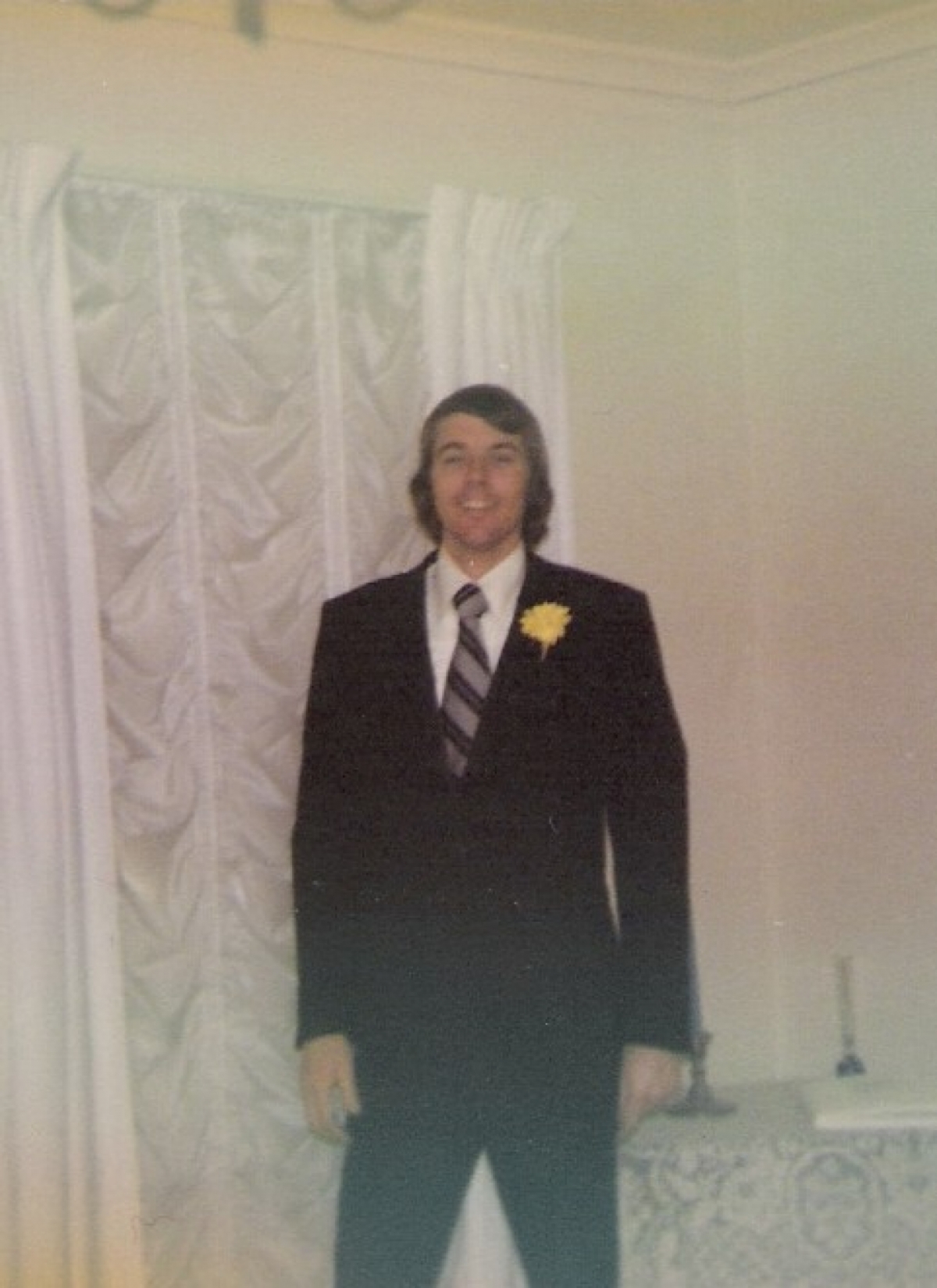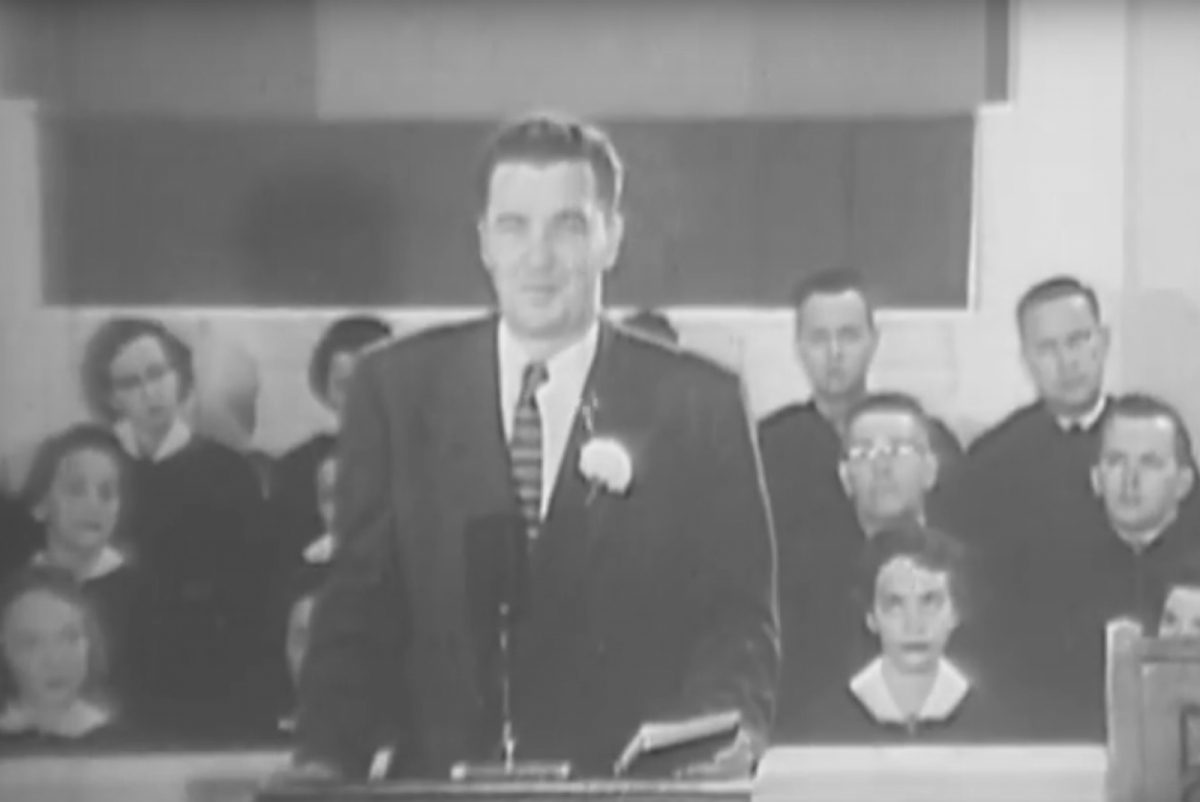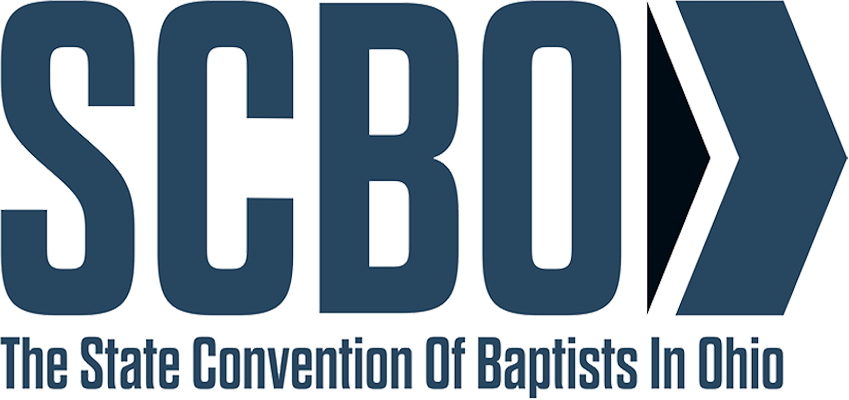They Paid a "Big Price" for Racial Reconciliation

Reprinted from Baptist Press (www.baptistpress.com), news service of the Southern Baptist Convention.
They 'paid a big price' for racial reconciliation
by David Roach
Date: February 16, 2018 - Friday
NASHVILLE (BP) -- Striving for racial reconciliation was costly for some Southern Baptist pastors in the 1950s, 60s and 70s. It cost Jack Kwok his property, Paul Turner a beating by angry segregationists and Thomas Holmes his pastorate.
But Kwok, now executive director of the State Convention of Baptists in Ohio, says the price pastors and other ministers paid was worth the result: Today, though more progress is needed, nearly one in five Southern Baptist churches is non-Anglo, and about half of North American Mission Board church plants are predominantly non-Anglo.
"A lot of guys really paid a big price along the way," Kwok told Baptist Press, downplaying his own sacrifice. "They're the heroes."
As a 19-year-old student at what is now Williams Baptist College in Walnut Ridge, Ark., Kwok was called in 1969 to pastor Mallory Heights Baptist Church in Memphis, Tenn. Kwok prioritized multiethnic ministry in what was then a transitioning neighborhood. Eventually, African Americans comprised some 40 percent of worship attendees and numerous blacks professed faith in Christ through church outreach ministries, Kwok said.
Consequently, Kwok met resistance from blacks and whites alike.
Church members voiced opposition. Kwok's house was broken into seven times by people he believes opposed his ministry. His car was vandalized, and at times he was surrounded by threatening groups on the street.
"I'd let them get all the way around me," Kwok said. "Then I'd say, 'I'm glad you all are gathered here tonight. Let me give you a little piece of paper that tells you about Jesus.'" The formerly threatening crowds would scatter so quickly that "I'd have to chase them down to give the piece of paper to them."
Kwok went on to lead interracial ministries for the Arkansas Baptist State Convention before taking leadership in the Ohio convention in 1996.
Turner, pastor of First Baptist Church in Clinton, Tenn., was beaten by whites who were angry with his decision to escort six black teenagers to the previously all white Clinton High School in December 1956.
Because of a judge's desegregation order, the black students "had a moral right to attend [school] unheckled and unhindered and unharassed," Turner told CBS News at the time. "It was this that prompted me to accompany them."
Turner previously had taught a biblical view of race at First Baptist and helped organize community support for peaceful school desegregation, according to a 1977 essay by Golden Gate Baptist Theological Seminary student Mary Cleveland, who interviewed Turner, then a professor at the seminary.
Already the focus of intense opposition in Clinton, Turner's walk with the students led a group of men to attack him on his way back to First Baptist.
The beating was so severe that one witness told CBS News, "I thought they were actually killing him."
The following Sunday, Turner told First Baptist that the Bible "never compromises with sin, with pride, with prejudice or with hate," according to a CBS video of his sermon.
Turner committed suicide in 1980. His family and friends said he had experienced depression ever since being mistreated in Clinton, according to a 2015 profile by the online publication Narratively.
Holmes, pastor of Tattnall Square Baptist Church in Macon, Ga., ran afoul of some in the congregation after he did not prevent black teenagers at a Mercer University summer program from attending worship in 1966.
The month following their visit, the church voted 289-109 to close its doors to blacks, according to Holmes' 1969 memoir "Ashes for Breakfast." In September, the church voted 250-189 to fire all three of its pastoral staff members over their belief worshipers of all races should be permitted to attend.
"Hundreds of southern churches had pressured ministers with racial views like mine to resign quietly and slip out the back door," wrote Holmes, whose case drew national media attention. "These churches had thus avoided the glare of publicity revealing their unchristian machinations. Then they had gone on in their evil course. Often they had blacklisted their former pastors for all future years.
"At whatever the cost, I refused to go out the back door. The principle of human rights and the freedom of the pulpit are too important not to make a fight for them," wrote Holmes, who died in 1985.
Carlisle Driggers, retired executive director of the South Carolina Baptist Convention, said staff members at Baptist state conventions and Southern Baptist Convention entities also sacrificed for racial reconciliation.
As an example, he cited Bill Davis of the Mississippi Baptist Convention staff, who was run off the road, pulled out of his car and beaten one Sunday night after speaking at an African American church. Staff members at other state conventions and the Home Mission Board -- NAMB's precursor organization -- made similar sacrifices, Driggers told BP.
Some men who dedicated their lives to working for racial reconciliation through denominational service "were excellent preachers and good pastors," said Driggers, who pastored an interracial church in Kentucky, worked in the HMB's black church relations department and attempted to help integrate First Baptist Church in Birmingham, Ala.
"The sacrifice was that they could have been pastors of influential churches and made fine salaries and fringe benefits for themselves," Driggers said. "But they didn't do that. They chose instead to work in state conventions [and SBC entities] where their salaries were nominal and they traveled and traveled and traveled."
Emmanuel McCall, hired by the HMB in 1968 as the first black staff member at any SBC entity, told BP via email that pastors and other ministers who stood for racial reconciliation in the mid-20th century "had several things in common":
-- "A sense of divine call to a priority in justice issues";
-- "They joined the Apostle Paul in finding 'joy' in suffering for the sake of the Gospel";
-- "They took Jesus seriously in 'turning the other cheek' or 'walking the extra mile'";
-- "They knew how to find humor even in situations that distressed them"; and
-- "They were willing to 'stick it out' to see what the end will be."


